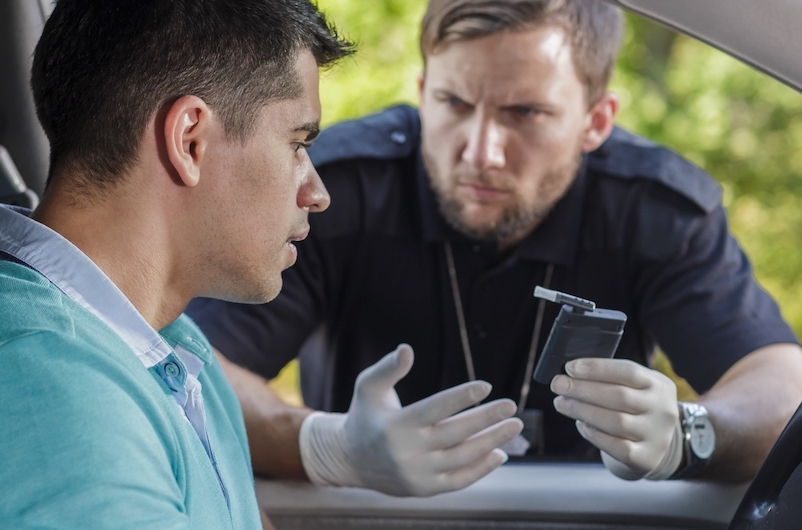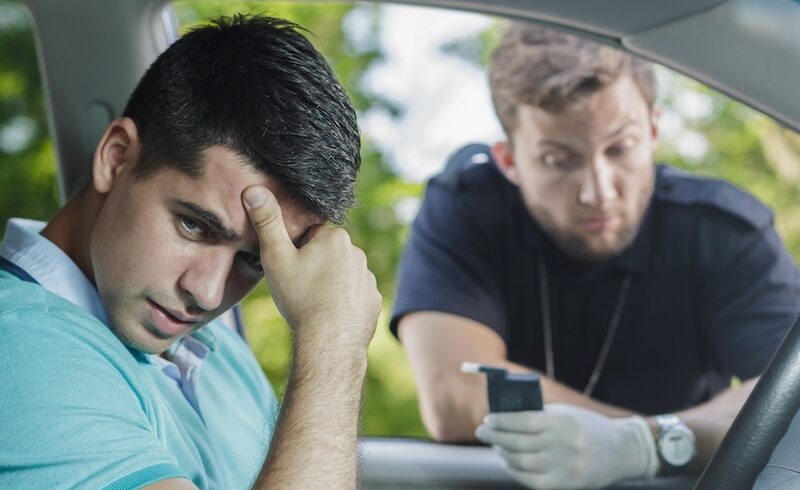
This viral story of a nurse’s arrest in Utah was the result of a DUI stop in July of 2017. The arrest took place due to her refusal to draw blood from a man who was unconscious.
Law enforcement needed the blood test. A breathalyzer was not possible given the man’s condition.
The nurse found herself between the rights of an unconscious man and law enforcement. Months later, the nurse got compensation for her wrongful arrest, and the officer who arrested her lost his job.
Of course, this is an extreme case, but it showcases the stringent DUI laws now on the books, and the precarious position of health officials. They become responsible for enforcing the law and argue those who criticize the rules.
Illinois is no different. Earlier this year, the rules for those refusing a breathalyzer test became stricter. Here’s what you need to know.
Implied Consent While Driving
According to Illinois law, driving is a privilege, not a right, and when we get behind the wheel, we give our consent to blood alcohol testing.
Whether it’s a breathalyzer or blood testing, we do not have the right to refuse.
The stricter adherence to this consent comes in part from law enforcement’s frustration.
The fact is, repeat offenders know the law pretty well. Refusal to take a breathalyzer confounds law enforcement. Not to mention those they must protect from drunk drivers.
For them, seeing those who should face the consequences back on the road is, at the very least, extremely frustrating.
The Consequences of Refusing a Breathalyzer Test
First, it’s important to know what refusal means. In some cases, it is saying no to the officer asking for a test. However, it also includes detainees who cannot, or will not, take the test per instructions.
Those who do not blow hard enough for an instrument reading are, by law, refusing. Police can then take them for blood testing instead if they obtain a warrant or the person consents to the test.
However, the “refusal” triggers a driver’s license suspension for up to one year or in some cases 3 years.
The police see this as an attempt to avoid the inevitable consequences of an arrest for DUI. The amount of time of the IL driver license suspension for the first DUI if a person blows over is six months. This suspension is less time than the mandatory time for refusing the test.
What Happens After Refusing a Breathalyzer
Several Illinois counties are now able to secure a warrant for a blood test from their patrol cars. The new automation speeds up the once tricky process of getting a judge’s signature.
Then, law enforcement will take suspects to a hospital where the blood test will take place. The same is true for those who have severe injuries due to a traffic accident, too.
In essence, the need for evidence of blood alcohol level supersedes individual rights. Many defense attorneys take issue with the new procedures.
Some feel constitutional rights are in question, but courts argue fatality and injury rates from alcohol use are the reason to tighten the rules.
What the Court Will Do After You Refuse a Breathalyzer
Many who refuse to take the breathalyzer believe there will be no evidence against them, so a DUI conviction cannot happen. The truth is, the state may have more evidence.
A police officer will pull over a car that’s failing to obey traffic laws. If they suspect the driver may be under the influence, they’ll administer a field sobriety test. It is only then that they may ask for a breathalyzer.
All the activity leading up to an arrest is evidence, and prosecutors have the burden of proof in criminal cases. There may be video and audio evidence, driving records, and witness testimony.
The mere fact a defendant refuses a breathalyzer will be on the record, too. The events can make the situation worse for some.
Are There Acceptable Reasons to Refuse a Breathalyzer?
There are some cases when a breathalyzer is not possible. For example, a driver may have injuries or a medical condition that prevents them from testing.
These are rare circumstances, however. There are few cases when a driver under suspicion of a DUI is cooperative, but unable to complete testing. A defense attorney would have a very reasonable argument in their favor.
How We Help Get Your Life Back
After refusing a breathalyzer test, many give up much more than the privilege of driving. A suspended license can cause loss of employment, family, and relationships too.
We work with clients from every background to get their life moving ahead again. We know that every situation is different, and no two clients are the same.
Our knowledgeable team can hurry the process and take care of the details. This way, you can concentrate on getting your life back. Contact us for a free consultation.


